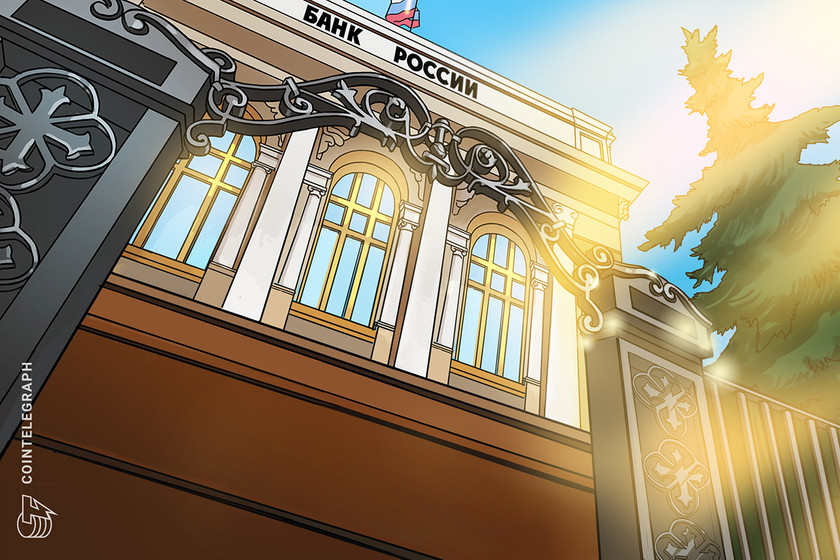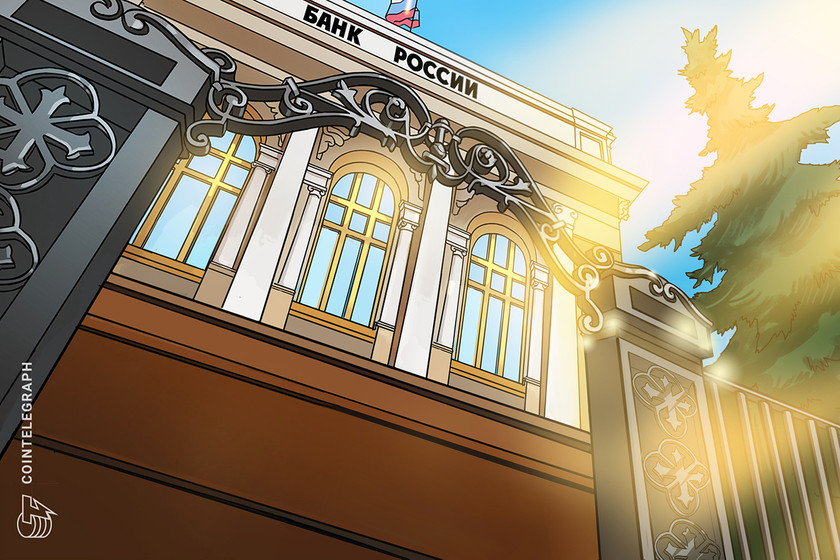Business owners should get off PayPal and move to the blockchain


Cryptocurrency platforms offer lower fees and more convenience than their corporate competitors. That’s a boon for entrepreneurs.
Do you believe that in five years every second transaction in e-commerce will be settled on blockchain? No? Well, that’s what people thought of plastic credit cards versus cash a few decades ago when it came to traditional stores.
There is no doubt that Web3 will drastically transform the way e-commerce operates. Using cryptocurrency payments in e-commerce stores will become just as common as accepting PayPal, Klarna, Visa or Mastercard. Stores that don’t adapt their e-commerce platforms to accept cryptocurrencies will soon find themselves out of business.
How Web3 has changed the e-commerce landscape
Thanks to the converging forces of Web3 — blockchain, decentralized finance (DeFi), AI and machine learning — new, smart algorithms can analyze and adapt to provide user-centric experiences. In addition, Web3 will be much more inclusive than previous versions of the Web. The decentralized nature of Web3 creates the perfect platform for the fast and transparent flow of information that’s not subject to censorship by a central authority.
In addition, Web3 eliminates intermediaries like Facebook that take a cut of users’ cash (and personal data) when they buy something online. At the same time, all the details of our transactions are public — for better or worse. Enhancing the security and convenience of online transactions will increase the volume of e-commerce transactions and encourage businesses to adopt crypto payments.
Related: Latin America is ready for crypto — Just integrate it with their payment systems
As more businesses move from Web2 to Web3, many merchants and consumers have begun using crypto payment solutions.
In Web2, most online payment platforms such as PayPal and Stripe charge transaction fees of around 4%. This, of course, makes it difficult for businesses to stay competitive without raising prices. Not only are crypto payments frictionless, but they’re also gaining traction as a payment method. With stablecoins today, people no longer have to worry about converting to fiat and the hassle of withdrawing funds to their bank accounts.
The power of blockchain in old and new business models
Similar to the Web2 e-commerce adoption, there’s a long road ahead before Web3 can provide the full range of benefits mentioned earlier. However, the introduction of smart contracts and Web3 platforms like Hyperledger has drastically changed the landscape of value exchange. Hyperledger Fabric was developed by enterprises like IBM for specific business cases that optimize supply chain operations. Access to the ledger using Fabric allows businesses to view the same unchangeable data, which guarantees accountability and minimizes the chance of counterfeiting.
Consumers can keep up with the progress of their orders and trace each item back to its origin. At the same time, supply chain operators can monitor inventory levels and shipments, take appropriate action to resolve issues and detect fraud. This allows the consumer and the company to expect delivery at a certain time. All of the packages can be easily monitored via the blockchain explorer while protecting the customer’s privacy.


Additionally, with blockchain, a global whitelist of genuine or reliable customers and vendors can be created and owned, something that Unstoppable Domains is doing with its identity verification for Web3. Such a whitelist reduces false positives and helps detect actual fraud. Unlike traditional e-commerce payments, Web3 allows people to place their orders easily by eliminating intermediaries and chargebacks.
A new regulatory environment
The advent of Web3 in e-commerce will change compliance requirements related to personal data, including the European Union’s General Data Protection Regulation, raising important questions such as identity authentication without revealing personal, sensitive information.
However, Web3 developers already experiment with the use of zero-knowledge proofs as the solution to prove to the other party that they are in possession of certain information (such as nationality or age above the limit) without actually revealing the details.
It is not necessarily going to be up to clients to decide how much personal data they’re going to give. That is only going to happen if companies adopt the applicable technology and regulators allow it. However, that may not happen unless someone is willing to make an argument in favor of it.
Related: PayPal enables transfer of digital currencies to external wallets
With such vast possibilities, more businesses should be considering jumping on the Web3 bandwagon. After all, they can elevate their transparency, reputation, and cost management in the e-commerce game to stay ahead of the curve while moving digital data safely and freely across borders. For that to happen, clear regulations must be devised to support the broader adoption of blockchain technology in this space.
Companies would also have an instrumental role to play in the world of Web3: ensuring that they are equipped with the latest security solutions to prevent themselves from becoming the target of cybercriminals. Recent occurrences of cyber crimes have seen hackers making away with funds, as well as the personal private information of customers, which inevitably leads to reputational damage to the organization.
Having the latest tools and systems would mean little without having a sufficiently staffed team of information security professionals to ensure that key systems vulnerabilities are addressed on a timely basis, and key controls are subject to testing on a regular basis. Adequate resources and attention would definitely have to be devoted by Web3 companies in order to address these areas of risk in the course of their business.
This article is for general information purposes and is not intended to be and should not be taken as legal or investment advice. The views, thoughts, and opinions expressed here are the author’s alone and do not necessarily reflect or represent the views and opinions of Cointelegraph.




















